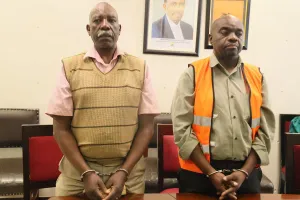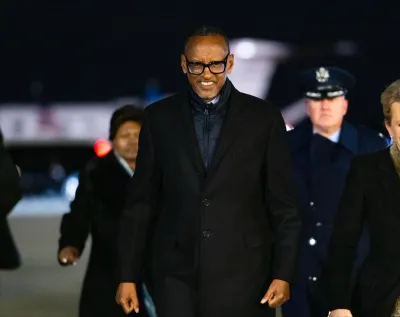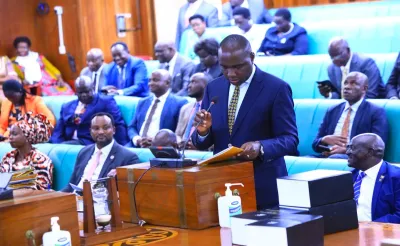
TMR Hospital has denied claims that it withheld the body of a child who died following severe injuries sustained in a fall at Greenhill Academy, allegedly over an unpaid medical bill.
In an interview with reporters, Dr. Daniel Talemwa, the hospital’s Executive Director, stated that the body was never retained. He explained that the child had been under constant monitoring in the Intensive Care Unit (ICU) until his passing.
Dr. Talemwa, who was personally involved in the child’s transfer to TMR, said the boy arrived in critical condition and required specialized ICU care. He noted that ICU rates at the hospital range between two and four million Shillings per day, with higher fees for patients needing advanced procedures such as dialysis.
While some reports cited a medical bill as high as 150 million Shillings, Dr. Talemwa clarified that the actual amount is lower and emphasized that the hospital was working closely with the family to ensure dignity and compassion.
“When the story about detaining the body came out on Friday morning, I was actually seated with the father discussing what support they needed. He was equally surprised. We had already drafted a payment plan running until March 2026,” he said.
Before arriving at TMR, where he spent 21 days in the ICU, the child had initially been admitted at C-Care Clinic in Kireka. His condition worsened due to multiple injuries affecting the chest, brain, and abdomen, prompting a referral for more advanced care. The parents, preparing for burial in Mukono on Saturday afternoon, declined to speak to the media.
Grace Kiwanuka, Executive Director of the Uganda Healthcare Federation (UHF), said her team confirmed with TMR that the case was handled professionally. She highlighted the broader issue of high ICU costs, both in Uganda and globally.
“The nature and extent of the child’s injuries required multiple surgeries, a range of specialists providing round-the-clock care, extensive medications, and critical supplies, most of which are imported. Naturally, this drives up the cost. In private hospitals today, ICU care ranges between 4 and 6 million per day, depending on complexity,” Kiwanuka said.
She further noted that ICU care remains expensive even in public hospitals. During the COVID-19 pandemic, a Ministry of Health analysis estimated the average ICU cost at 3.2 million Shillings per day at a National Referral Hospital, which benefits from subsidies and economies of scale. Private hospitals, she added, receive no such support and therefore face higher operational costs in treating complex cases.
Meanwhile, health-rights advocates maintain that detaining bodies over unpaid bills is illegal. Ruth Ajalo, head of the Strategic Litigation Programme at the Centre for Health, Human Rights and Development (CEHURD), stated that courts have consistently ruled against this practice and encouraged hospitals to seek alternative ways of recovering costs.
“These include pursuing civil remedies or entering into clear, signed payment agreements. CEHURD handled a similar case at TMR during the COVID-19 period, and a payment plan was agreed upon,” Ajalo said.
For this recent case, the exact amount owed remains unclear, but Dr. Talemwa confirmed that an agreement has been signed and the family has committed to settling the bill by March 2026.
URN














The Sunrise Editor
Leave a Comment
Your email address will not be published.